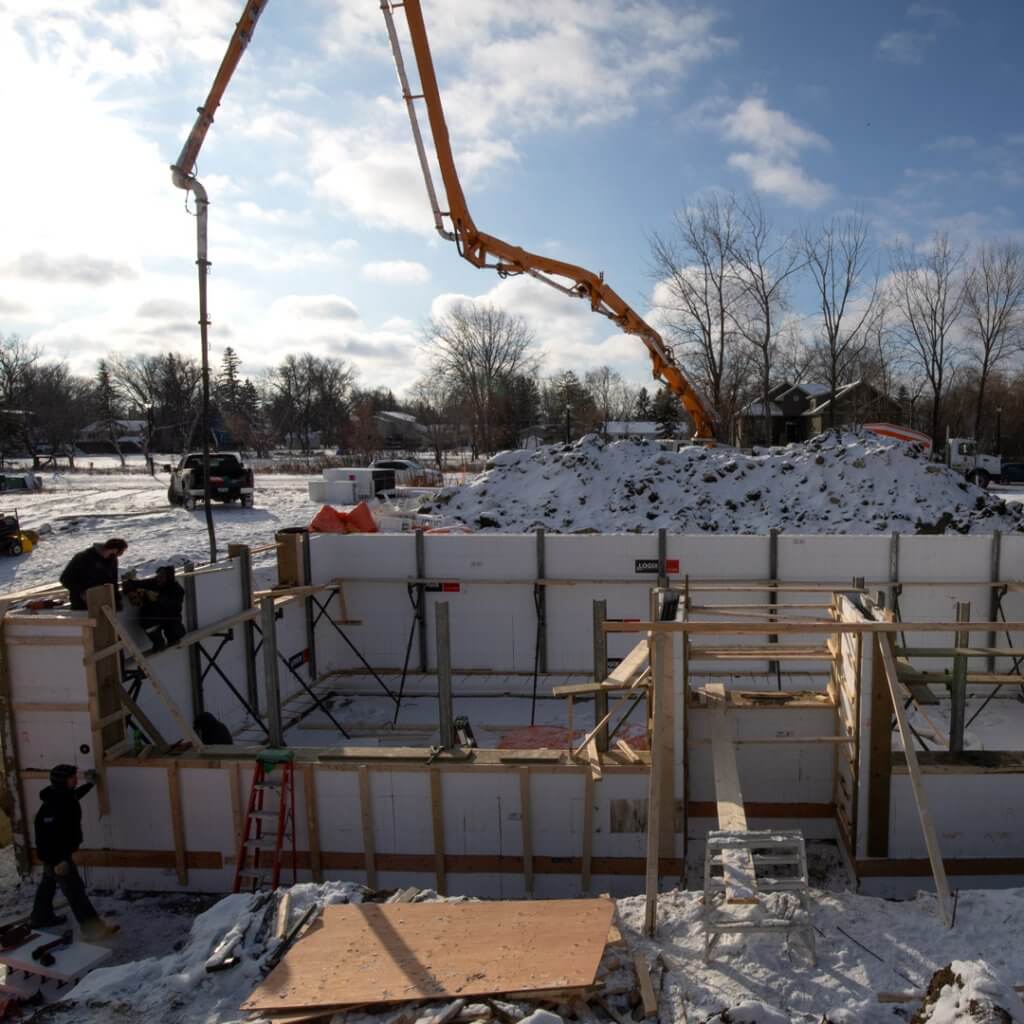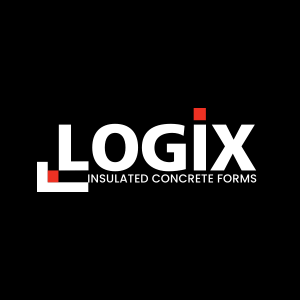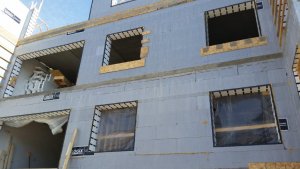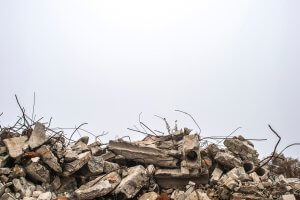R1 and R2 are the two classes of concrete typically used in ICF walls in Canada. But there’s more to it if you want to get a concrete mix that’s code-compliant, strong, and workable — and the latter matters a lot!
In the article below, we’ll walk you through 5 best practices for getting the best concrete mixed in your ICF walls.
Before we start, note that this article offers a uniquely Canadian perspective, as the tips below are based on the Canada Standards Association (CSA) (2019 Version). That said, most principles should apply to concrete mixes in the US as well.
CSA Standards Require Air For Exterior Walls
CSA standards demand that exterior concrete walls (including ICF walls) have sufficient air entrainment in them. That’s because air entrainment helps concrete walls withstand exposure to freeze-and-thaw cycles.
When concrete walls are exposed to temperatures below the freezing mark, water that makes its way into the concrete’s capillary pores freezes and expands. This expansion subjects the concrete to excessive stress, and causes the concrete to deteriorate more and more with each new freeze-and-thaw cycle.
Air entrainment helps relieve some of this hydrostatic pressure as the air-filled chambers in the concrete give freezing water room to expand.
ICF walls are inherently protected from freezing temperatures, thanks to the two layers of continuous insulation that “sandwich” the concrete core. So, in theory, an ICF wall’s concrete core should not sustain damage due to the pressure created by freeze-and-thaw cycles.
That said, CSA standards still require air entrainment in ICF walls. Luckily, air entrainment helps improve the flowability of the concrete mix, which is another important requirement for ICF concrete mixes (more on flowability below).
Air entrainment in concrete is facilitated by an admixture that’s added at the plant. Entrained air should comprise anywhere between 4%-7% of the concrete’s volume to protect the walls from deterioration.
The Water-Cement Ratio Should Be Higher Than Normal
The water-cement ratio of a concrete mix destined to fill an ICF wall should be higher than what you’d normally get — .55 is the ideal w/c ratio.
While .55 may seem a bit high, the additional water content enhances flowability of the mix and thus makes it more workable. What’s more, a w/c ratio of .55 produces concrete that’s less prone to cracking.
Mix Should Have Flowability
A concrete mix used in ICF walls should have a good flowability and workability, so higher slump is beneficial.
And while you’ll normally aim for an 80mm (3”) slump, note that you’ll lose a lot of the slump as the mix flows through the pump hose.
To offset this loss of workability, you should add a mid-range super plasticizer, which will result in a 90-120mm (3.5” – 5”) slump and make the concrete mix sufficiently flowable — and workable.
Don't miss a thing!
Subscribe for the latest in the ICF world, exclusive content, insider industry news and limited edition webcasts.
Concrete Strength Depends on the Region
The strength of the concrete mix you’ll use in the ICF walls depends on the region.
For example, below-grade concrete walls in most of Canada require a strength of 15 Mpa, according to the provincial adaptations of National Building Code of Canada (NBC). Most concrete producers will supply at least a 20 Mpa mix, so the strength should not be a problem.
However, codes in Western Canada often require 30 Mpa to offset possible deterioration due to sulfate exposure. And while ICF walls are not directly exposed to any ground sulfate deposits (once again, thanks to their two protective layers of insulation), the codes may still require the concrete strength in a below-grade wall to be at least 30 Mpa.
If you’re in Western Canada and not sure what the minimum concrete strength requirement is, it’s best to consult a local building official.
Aggregate Size Should Allow For a Pumpable Mix
Any concrete mix that’s designed to fill an ICF wall should be workable and pumpable. And apart from ensuring the flowability of the mix by increasing the slump and wc ratio, you should also opt for the right aggregate size. While the standard aggregate sizes range between 3/8” to ¾” , to facilitate pumpability — ½” aggregate is typical for ICF walls.

Wrapping It Up
In our article above, you’ve learned the 5 best practices for choosing the right concrete mix for an ICF wall. To recap, these five tips are as follows:
- Ensure 3-7% air entrainment
- Go for a w/c ratio of .55
- Add a super plasticizer to achieve a higher slump
- Find out the strength requirements in your locale (they’re higher in Western Canada)
- Opt for 1/2” aggregate
As a best practice, you should always get the ready–mix company to assume responsibility for the product they supply you with and have them specify the mix.
Special thanks to the following experts for their contributions:
Alen Keri P.Eng
Director of Technical Services, Concrete Ontario
Ross Monsour
Director, Insulating Concrete Forms Manufacturers Association









